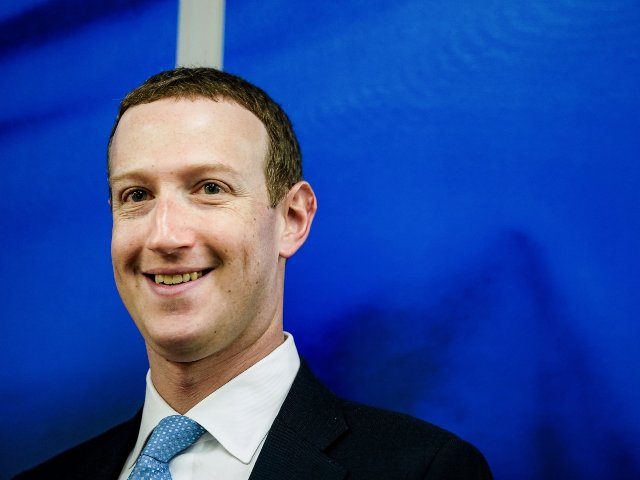Mark Zuckerberg believes the coronavirus pandemic has created a new opportunity for Facebook to grow. His plan involves incentivizing churchgoers — who have become familiar with virtual services over the past year due to lockdowns — to permanently move their religious worship online.
The company is intensifying its formal partnerships with faith groups across the United States and shaping the future of churchgoing as it entices users to connect with God on Facebook, rather than at a place of worship, according to a report by the New York Times.
For example, Facebook developers had reportedly met weekly with the Hillsong Church in Atlanta, Georgia, to explore what the church would look like if it were on Facebook instead, as well as what apps they might create for financial giving, video capability, and livestreaming.
“Together, we are discovering what the future of the church could be on Facebook,” said Sam Collier, Hillsong’s pastor.
In June, the church issued a news release saying it was “partnering with Facebook,” and then began streaming its services exclusively on the social media platform.
Facebook now seeks to “become the virtual home for religious community,” reports the Times, noting that the pandemic sparked this strategy for drawing more engaged users to the social media platform, as religious groups have already been pushed to explore alternative ways to operate in the wake of lockdowns.
“The partnerships reveal how Big Tech and religion are converging far beyond simply moving services to the internet. Facebook is shaping the future of religious experience itself, as it has done for political and social life,” the report adds.
But not everybody thinks this is a good idea — especially given Facebook’s reputation with regards to censorship, and generally behaving in an unscrupulous and questionable manner.
“Corporations are not worried about moral codes,” notes University of Edinburgh lecturer Sarah Lane Ritchie. “I don’t think we know yet all the ways in which this marriage between Big Tech and the church will play out.”
Bob Pritchett, who founded Faithlife Corporation, which publishes and creates electronic tools for Bible study, said it is dangerous to have your community anchored “on a tech platform that is susceptible to all the whims of politics and culture and congressional hearings.”
Wilfredo De Jesús, a pastor and the general treasurer for the Assemblies of God, says that online church services were never meant to replace the local church.
And while he has been grateful for Facebook, ultimately, he said, “we want everyone to put their face in another book.”
You can follow Alana Mastrangelo on Facebook and Twitter at @ARmastrangelo, and on Instagram.

COMMENTS
Please let us know if you're having issues with commenting.